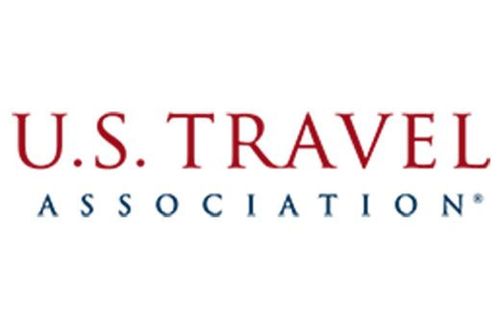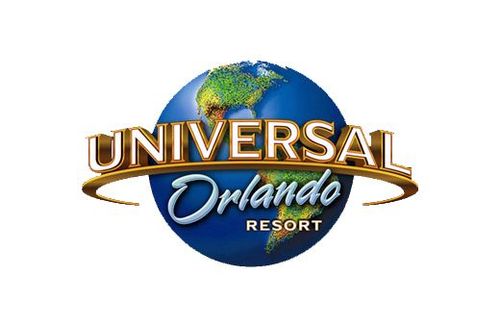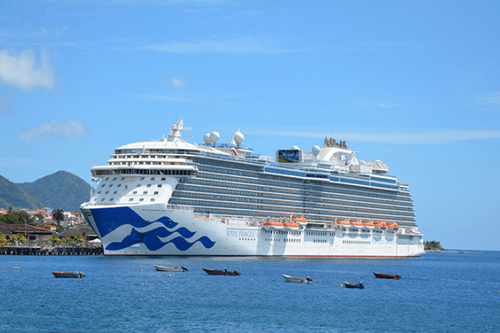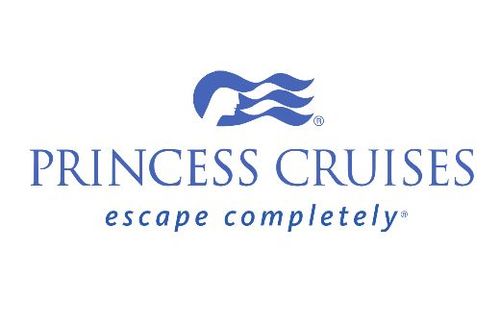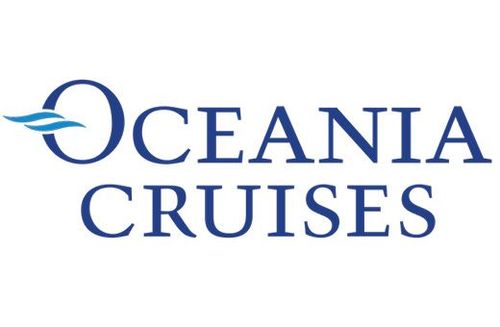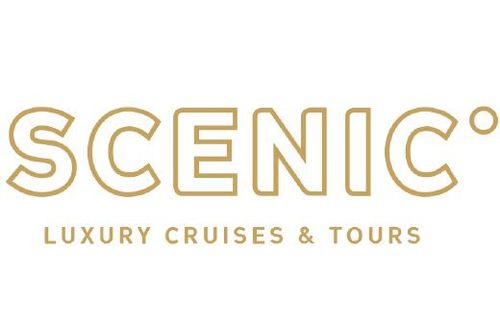Where travel agents earn, learn and save!
News / USTA: Legislative Priorities to Protect Public Health and Revive the Economy
Legislation must extend and enhance CARES Act relief

May 22 - The next phase of coronavirus response legislation must extend and enhance CARES Act relief to the most severely impacted travel workers and businesses. The next bill must also prioritize funding and policies that both slow the spread of COVID-19 and enable a safe, phased reopening of the economy. This will allow Congress to target more limited Federal assistance towards the workers, businesses, States, and localities most in need of assistance.
Travel Industry Priorities
1. Extend and enhance CARES relief: Enable destination marketing organizations (DMOs) to receive Small Business Administration (SBA) Paycheck Protection Program (PPP) loans, increase maximum loan amounts and flexibility, extend the covered period through 2020, and build on other critical provisions in the CARES Act.- Incentivize a safe restart of the travel economy: Create a temporary travel tax credit, allow businesses to fully deduct food and entertainment expenses, provide tax breaks for personal protective equipment (PPE) and sterilization of facilities, and enact tax measures to help revitalize U.S. trade shows and exhibitions.
3. Support community-based economic recovery: Provide $10 billion in Economic Development Administration grants for DMOs and small businesses to promote healthy travel practices and encourage visitation to businesses, attractions and communities where it’s safe travel.
-
Provide limited, temporary and immediate safe harbor for businesses that follow proper health and safety guidelines to protect against COVID-19: This is a top priority for businesses to safely reopen in a way that protects the health of their employees and customers.
-
Strengthen the Federal role in COVID-19 testing, production, research and contact tracing: Provide additional federal funding to expand COVID-19 testing and laboratory capacity, and expand the Federal role in the White House “Testing Blueprint” to help states deploy consistent approaches to contact tracing, data collection and privacy protections.
-
Provide a Federal Backstop for Pandemic Risk Insurance: Provide Federal reinsurance for pandemic risk insurance to help businesses and organizations avoid going bankrupt in the wake of future pandemics.
Travel Industry Legislation Priorities
1. Extend and enhance CARES Act relief to travel employees and businesses hardest hit by the economic downturn.
Modifications to the SBA PPPa. Include Destination Marketing Organizations (DMOs) in the PPP: DMOs, which are generally 501© nonprofits or quasi-governmental entities funded by local hotel taxes, provide critical economic development services for nearly every community across the U.S. DMOs are the engines of the travel economy and their collapse will slow the economic recovery of the entire travel industry
b. Increase borrowing limits so businesses can withstand an extended period of lost revenues and operational disruption. At minimum, borrowers should be able to qualify for a loan that is equivalent to 8 times the average monthly sum of all covered expenses – including operating costs, up to $25 million. Borrowers are currently limited to loans that are only 2.5 times average monthly payroll costs alone, or $10 million, whichever is less. Businesses that have already been approved for a PPP loan should be able to apply for additional loans as needed up to the maximum amount
c. Extend the covered period for loan forgiveness to December 31, 2020. PPP currently allows for only eight weeks of covered expenses to be forgiven, with a non-statutory hard cap of 25 percent on nonpayroll expenses imposed by SBA, making PPP of very limited use to businesses facing an extended period of cashflow problems. Loan forgiveness should instead be calculated as the sum of amounts paid for covered expenses during the 20 weeks after the loan commences or December 31, 2020. Congress should prevent the imposition of any non-statutory restriction on the forgiveness formula
Extend Appropriations to Severely Impacted State and Local Entities
d. Enact tax measure to help revitalize U.S. Trade Shows, Meetings and Exhibitions. As businesses pull back on large meetings and trade show investments now and in the future, this important sector of the travel industry has been devastated. After 9/11, it took 4 years for spending to come back on U.S. trade shows. Without targeted tax breaks to help revitalize U.S. meetings, conventions, trade shows and exhibitions, the recovery time for this current crisis could be exponentially longer
e. Provide additional support for airports and aviation businesses. As passenger levels remain at historic lows, airport, air traffic control, and aviation-dependent businesses will require additional supplemental appropriations to support essential employees, operations, and services
Enhance the Employee Retention Tax Credit
f. Modify the refundable Employee Retention Tax Credit (ERTC) to increase the max credit to $10,000 per employee per quarter and allow employers (including quasi governmental DMOs) to claim the credit against payroll tax deposits rather than payroll tax liability. Clarify that employers that offer their furloughed employees the option to receive paid time off wages while not working are eligible for the credit for these wages, and consider expanding the Work Opportunity Tax Credit to include employees rehired by employers reopening their businesses. Many communities are facing a sharp decline in economic activity due to the social distancing measures put into effect in response to the coronavirus, making it hard for employers to fund payroll without an expanded ERT —particularly employers that don’t have access to the Paycheck Protection Program
2. Incentivize a safe reopening of the travel economy by creating a temporary travel tax credit, allowing full deductibility of food and entertainment business expenses, providing tax breaks for sanitation and PPE, and enacting tax measures to help revitalize U.S. trade shows and exhibitions.
a. Create a Temporary Travel Tax Credit. To reduce the time it takes to get to full recovery, Congress should create a new tax credit to encourage domestic business and leisure travelers to travel within a specified time frame, similar to what was done through the homebuyer tax credit in the wake of the housing crisis. Specifically, create a tax credit worth 50 percent of qualified travel expenses incurred in the U.S. between the date of enactment and December 31, 2021, up to a maximum tax credit of $4,000 per household. Qualified travel expenses should include any expense over $50 that is incurred while traveling away from home in the U.S., with explicit reference to the expense of meals, lodging, recreation, transportation, amusement or entertainment, business meetings or events, and gasoline
b. Allow Full Deductibility of Food and Entertainment Business Expenses. To support recovery in the food service and entertainment sectors—both of which are critical to economic recovery and social stability in many parts of the country—Congress must restore the full deductibility of ordinary and necessary entertainment and food and beverage business expenses for at least 3 years, allowing the deduction to phase down to 50 percent thereafter
c. Provide tax breaks to businesses to offset the cost of enhancing employee and consumer safety, including sterilizing facilities, PPE, and reconfiguration of faciliities. As reopening begins, travel businesses plan to enhance sanitation and provide PPE for their employees. Unfortunately, these additional investments come at time when businesses have historically low revenue and are struggling to maintain employment and pay basic utilities. Congress can help businesses reopen safely by providing tax credit for sanitation services necessary, COVID-related reconfiguration expenses and a 1:1 tax credit for PPE for their employees. Any tax credits should be refundable from 2019 and 2020 taxable income, as businesses will have very little revenue for which to apply the credits in 2020
d. Enact tax measure to help revitalize U.S. Trade Shows, Meetings and Exhibitions. As businesses pull back on large meetings and trade show investments now and in the future, this important sector of the travel industry has been devastated. After 9/11, it took 4 years for spending to come back on U.S. trade shows. Without targeted tax breaks to help revitalize U.S. meetings, conventions, trade shows and exhibitions, the recovery time for this current crisis could be exponentially longer
3. Provide $10 billion in Economic Development Administration grants to DMOs to promote healthy travel.
To ensure Americans know when and how they can travel safely within the U.S. without posing a health risk to themselves or those around them, Congress should provide at least $10 billion in grants to eligible State tourism offices and local DMOs to promote travel and support economic recovery efforts in local tourism markets. Specifically, appropriate $10 billion in Economic Adjustment Assistance grants for the economic recovery of travel and tourism. Grants would be provided to State tourism offices and DMOs for the purposes of educating travelers on CDC and industry guidance for healthy and safe travel, and tourism promotion. This proposal:• Utilizes existing Economic Development Administration (EDA) process to distribute grants: EDA has the infrastructure to deliver grants in a timely fashion (versus starting up a new program)
• Ensures broad eligibility for all communities: Funds would run through EDA’s economic adjustment assistance and disaster assistance authorities, which would ensure broad eligibility for all communities
• Award grants on a discretionary basis directly to DMOs: Unlike Community Development Block Grants (CDBG), there would be no need for the Secretary of Commerce or EDA Administrator to establish a formula for distributing grants. There would also be no need for DMOs to rely on subgrants from CDBG grantees
• Use of grants would be limited to recovery activities for travel and tourism: This would ensure the funding can’t be used for other EDA disaster activities. Tourism promotion is already an eligible use of funds under these program
4. Provide targeted safe harbor for businesses that follow proper health and safety guidelines to protect against COVID-19.
Any business that remained open during social distancing or reopens based on state reopening plans and follows recommended guidance, in good faith, from public health officials to protect their employees and customers must be allowed limited safe harbor from litigation related to COVID-19. Providing temporary and targeted safe harbor from liability for companies that maintain a safety plan based on CDC or OSHA guidelines would provide greater certainty that businesses need to reopen, rehire and act in the interest of public health.
5. Strengthen the Federal role in COVID-19 testing, production, research and contact tracing.
Congress must provide additional federal funding to expand COVID-19 testing and supplies, increase laboratory capacity, and accelerate breakthroughs in research and testing technology. The Federal government must also enhance its leadership and oversight role through the White House “Testing Blueprint” to help States deploy consistent approaches to contact tracing, syndrome tracking, and data collection.
6. Provide a Federal Backstop for Pandemic Risk Insurance.
During the crisis, businesses were ordered to shut down, cancel events, or reduce operations—putting an increased strain on their finances. To protect the economy against future pandemic-related economic losses and stabilize the insurance market, Congress should create a Pandemic Risk Insurance program—similar to the Terrorism Risk Insurance Act—providing a backstop for insured losses related to any health emergency declared by the Secretary of Health and Human Services. The program should cover any commercial line of business interruption or event cancellation insurance that covers losses stemming from a public health emergency. This will help ensure pandemic risk insurance remains an affordable and effective option for travel businesses and organizations.
7. Stabilize the Federal travel market with a two-Year freeze on minimum Federal Per Diem Rates.
The General Services Administration (GSA) sets per diem rates for Federal travel within the United States. All individuals traveling on behalf of the Federal government, including civilian government employees, Department of Defense (DoD) personnel, and persons on invitational travel orders must adhere to these rates, which cover lodging, meals and incidental expenses. GSA updates the rates annually according to average daily rate (ADR) data, less five percent. For the FY2020 per diem study, GSA used ADR data generated from April 2018 to March 2019. However, due to stay-at-home orders, mandatory shutdowns, and social distancing measures, any ADR data collected this year will likely produce depressed per diem rates year, which will make it harder for the travel industry to recover. Therefore, Federal per diem rates should be no less than the current per diem rates for the next two years.
More Travel News:
Travel-Related Unemployment Hits 51% Just Ahead of Memorial Day
TSA prepared for summer travelers with updated security procedures
G Adventures has updated their cancellation policy
Airlines for America – latest global impact update



